PICK UPS AVAILABLE BY APPOINTMENT
1875 South 66th Street | West Allis, WI 53214
It’s no secret that artificial grass is the easiest way to maintain a lush, green lawn year-round—but did you know that switching to synthetic turf is also one of the most sustainable choices you can make for the environment?
Artificial turf requires no mowing, no fertilizers, and minimal maintenance, helping property owners save money while significantly reducing their carbon footprint.
Traditional lawns require pesticides, herbicides, and fertilizers to stay green and pest-free, but these chemicals pollute the air and harm local wildlife.
With artificial grass, there’s no need for toxic chemicals. Made from inorganic materials like nylon and polyethylene, synthetic turf naturally deters pests. Plus, its superior drainage system prevents standing water, eliminating breeding grounds for mosquitoes and other insects—keeping your lawn clean and safe, the natural way.
Most people try to save water by turning off faucets, fixing leaks, and taking shorter showers—all great habits! But one of the biggest impacts comes from replacing natural grass with artificial turf.
✅ No daily watering
✅ No expensive irrigation systems
✅ Thousands of gallons saved—effortlessly
With our premium selection of artificial turf, you’ll find the perfect option for residential yards, commercial landscapes, and more—all while making a cost-effective, eco-friendly choice.
While many think of cars as the main source of CO₂ emissions, gas-powered lawnmowers also contribute heavily to air pollution.
The EPA reports that a single gas lawnmower emits 88 pounds of CO₂ per year!
With artificial turf, mowing becomes a thing of the past—helping you enjoy a perfectly manicured lawn without adding pollutants to the air.
Maintaining natural grass requires massive amounts of water, energy, and treatment processes.
💧 Pumping, filtering, and treating water consumes huge amounts of energy
💧 Runoff from fertilized lawns requires additional water treatment, which consumes 30 billion kilowatt-hours of electricity annually in the U.S.—nearly 1% of total national energy use
Artificial grass only requires occasional rinsing, drastically cutting down water usage. Plus, its permeable backing allows water to drain naturally into the soil, reducing runoff and eliminating the need for excessive treatment.
Artificial turf isn’t just great for your home—it’s a smart choice for the environment. Ready to make the switch? Contact us today to learn more about how synthetic grass can help you save time, money, and the planet!
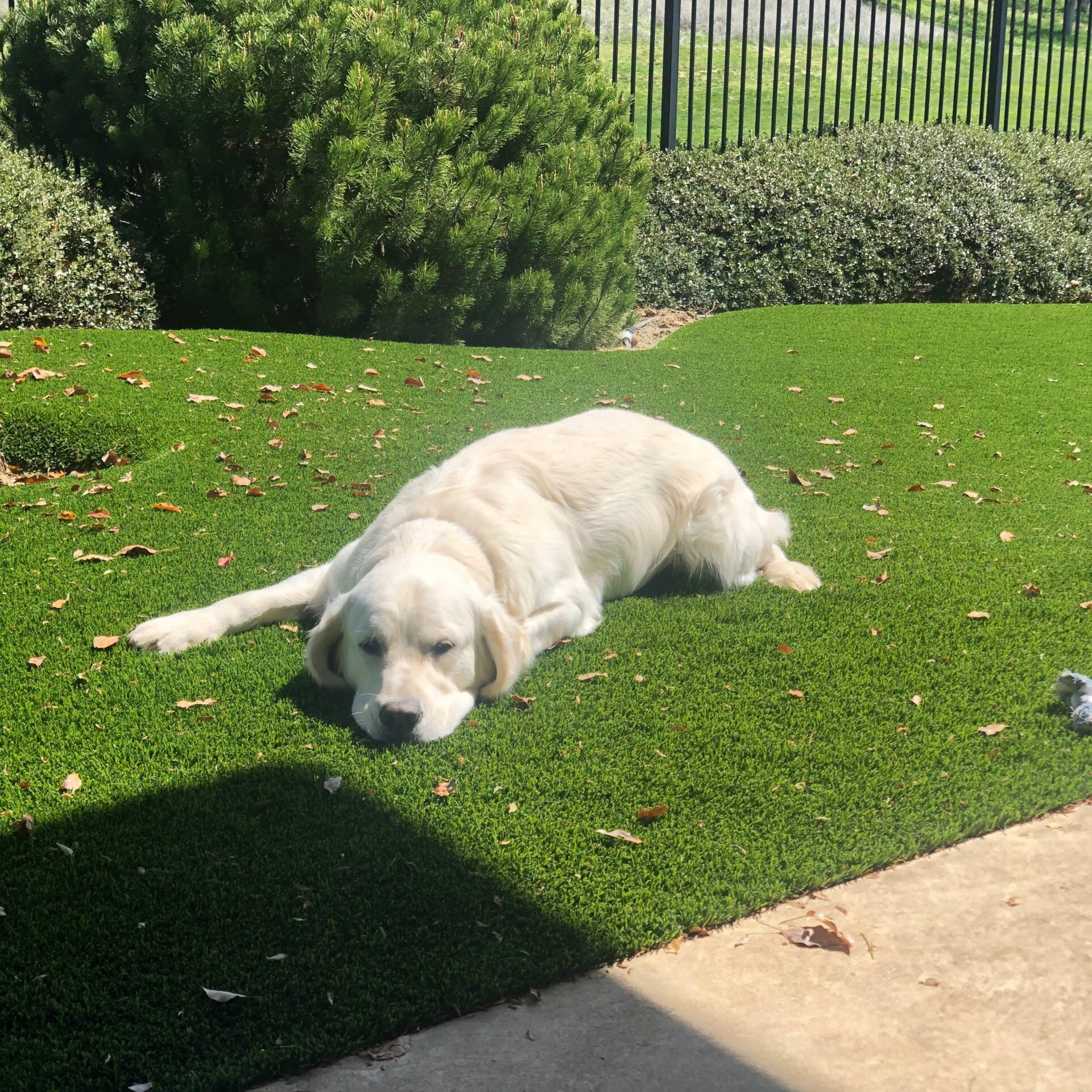
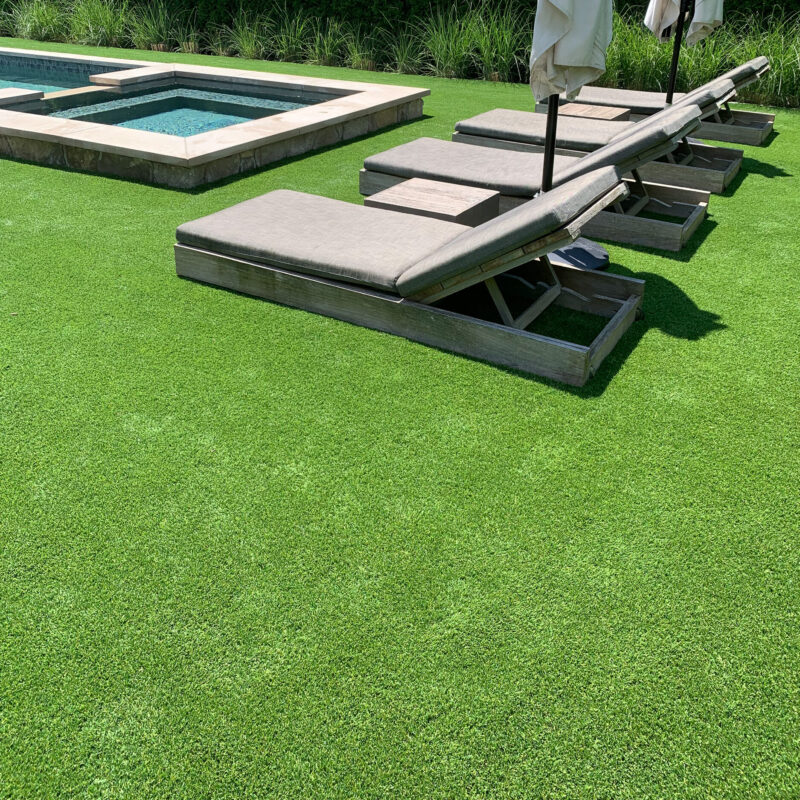
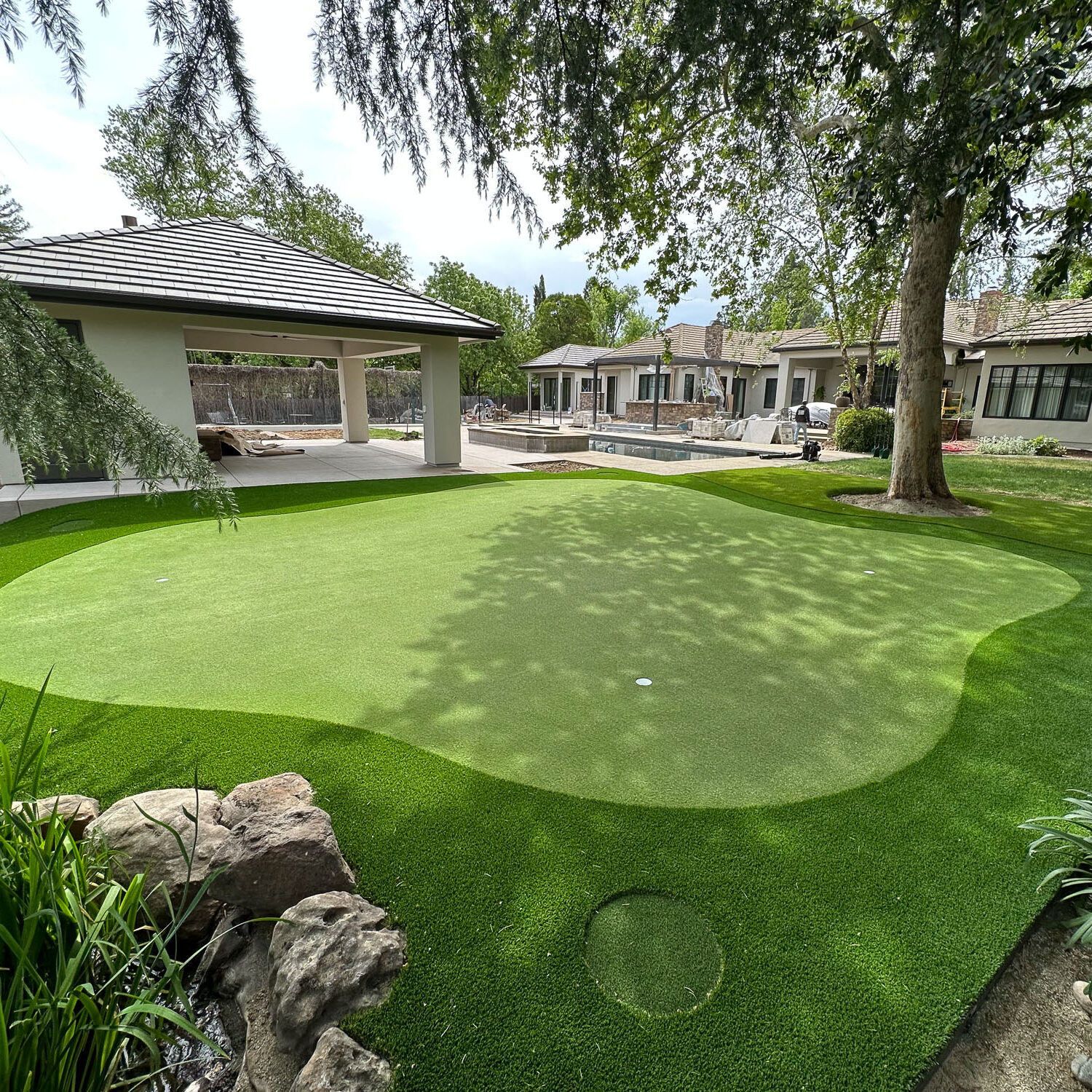
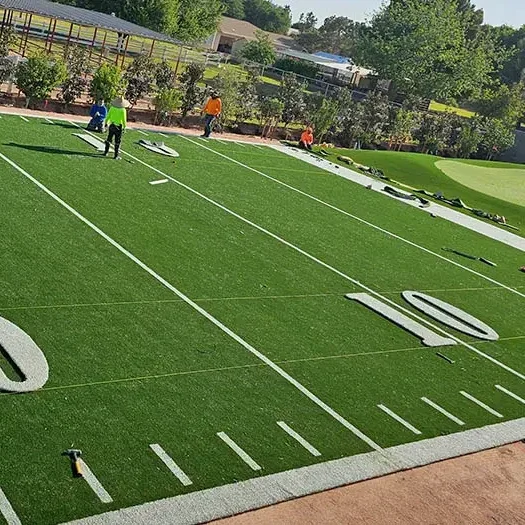
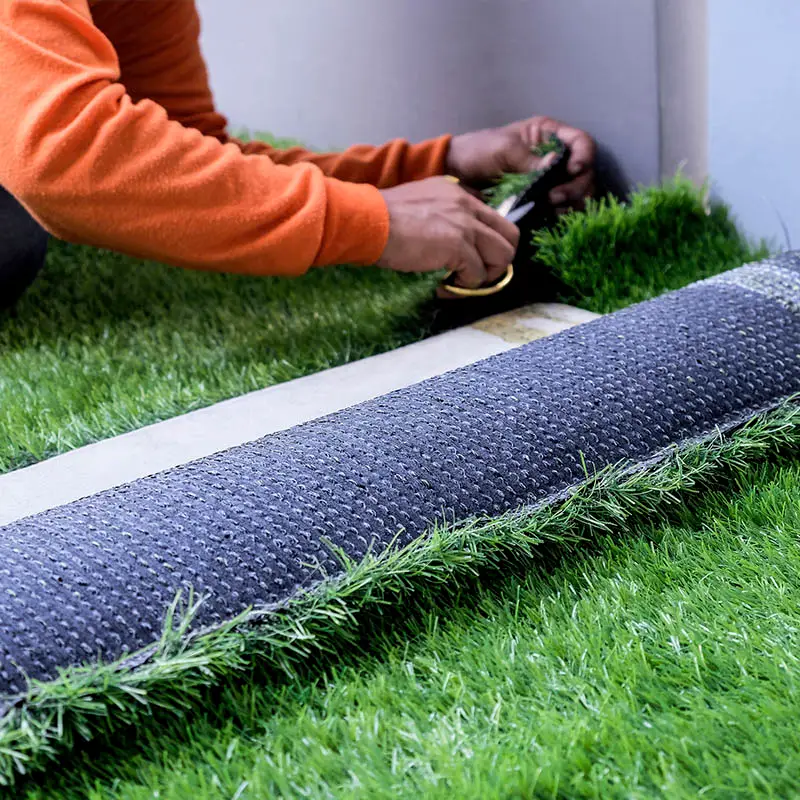
.